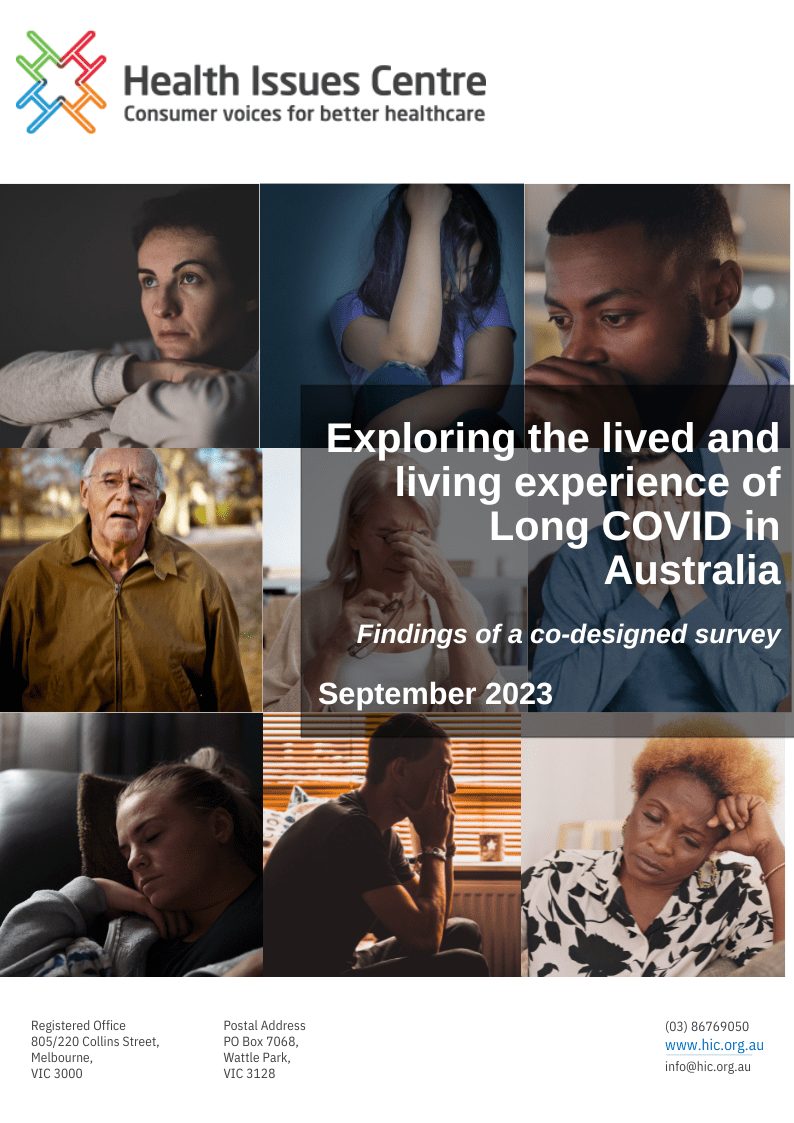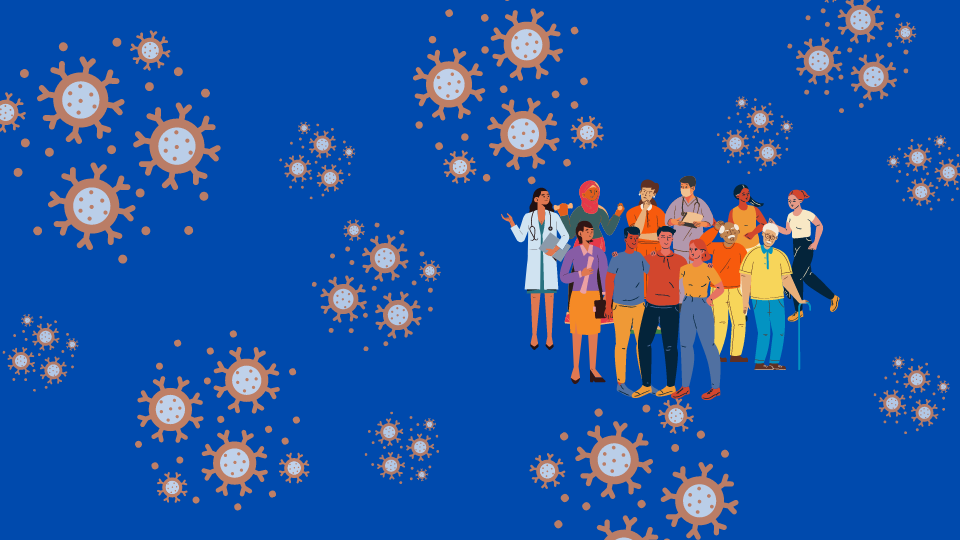COVID-19 – Who gets to play god?
Danny Vadasz is the CEO of Health Issues Centre, Victoria’s peak health consumer advocacy body
The good news is that finally, Australian governments appear to be moving beyond their “just-too-late” decision making processes that until now seemed directed at last weeks Covid-19 challenges rather than the emerging issues.
Hopefully they will also move beyond public relations catchphrases (“flatten the curve”) and media releases that are put through so many layers of approval and review that they are invariably released too late to matter.
Perhaps they can then move toward communications that actually engage with the community rather than broadcast advice that dates as fast as it gets released. (Yes I know we are dealing with a rapidly changing reality but how is it that the Covid-19 virus could leap only one and a half meters last week but has increased its agility to cover four square meters this week?)
And where are the conversations that consider what happens next?
Conspicuously missing, until now, have been the voices of the general public, those who are having to cope with the unintended consequences of policy on the roll. The overwhelming majority of the population is trying to do the right thing but are dismayed bystanders as their supermarket shelves are pillaged by the panicked and by the inevitable carpetbaggers who find opportunity in every calamity. Most people are trying to keep their social distance but are still at risk because of the sceptics frolicking at Bondi Beach (after all they have been schooled to defy science by our leading politicians). They want to practice hygiene safeguards but simply don’t have access to hand sanitizers and haven’t been given an alternative, and they are confounded by advice to practice social distancing while being encouraged to use public transport.
So where are ordinary, everyday consumers in the current conversation? Other than the occasional vox-pops in news and current affairs they are entirely sidelined as recipients of, rather than participants in decisions that will reshape their lives.
How do we know this? Because while the politicians, clinicians and economists have been locked away in a policy laboratory we, at the Health Issues Centre have been reaching out to thousands of consumers to find out how all this plays out on Survivor Island. And we can tell you they have plenty of insightful concerns to share.
For instance, there is an increasing despondency and fear among older Australians who believe they are not only the most prone to serious infection but will be the first triaged out of the health system once caseloads exceed the limits of ICU resources.
And there is worry and fear among those with disabilities, those with complex conditions and those with little access to health care on a good day – because its always the marginalised and the vulnerable ‘who get the short straw when resources are tight.
So how will their voices be heard as the choices become even more complex and contentious?
The number of cases that will require hospitalisation will exceed the number of ICU beds available by as soon as the first week of April. Will the government host an inclusive discussion about how an ethical framework will guide the decisions and choices faced by our health professionals when scarcity overwhelms the system? Or will this be left to individual clinicians as an added burden to their unsustainable workload?
Why is there even an assumption that this dire responsibility should rest with clinicians? They may be great in their specialty but does that make them the logical arbiters of life and death? Who voted for them to be gods? And why should they have to bear this burden without a broader ethical framework to inform their choices?
Is it really a given that older and health compromised Australians should be first to be triaged into the acute care dumpster? Will the vulnerable, the health compromised and the marginalised, yet again be the biggest losers in the lotto of life? Will our social commitment to access, equity and protection of the weakest in our society once more get shelved when it comes to the grim reality of privilege?
Have these choices already been made? Will we receive a media release in the usual just-too-late cycle that prevents a broader consultation?
One ethicist has already proposed that as well as consumers being filtered according to their likely response to treatment, other considerations will be needed to prioritise access. He suggests that people aged 40 with three children should rate more deservingly than 70 year olds with no dependents. That should be a great comfort to older members of the LGBTIQ+ community.
One 70 plus everyday consumer offered a different values framework when she said:
“I’ve done everything the government has asked. I’ve maintained strict hygiene, kept a social distance, I didn’t panic buy at the supermarket. Why should my life rate less worthy than some 20 year old who has been partying in crowds, ignoring all safety warnings and claiming that the virus is a media beat-up?”
One thing we can be sure of, if this conversation doesn’t happen soon, with more than a roomful of politicians, clinicians and (heaven help us) economists, don’t rely on arguing your case in the Emergency Department.






